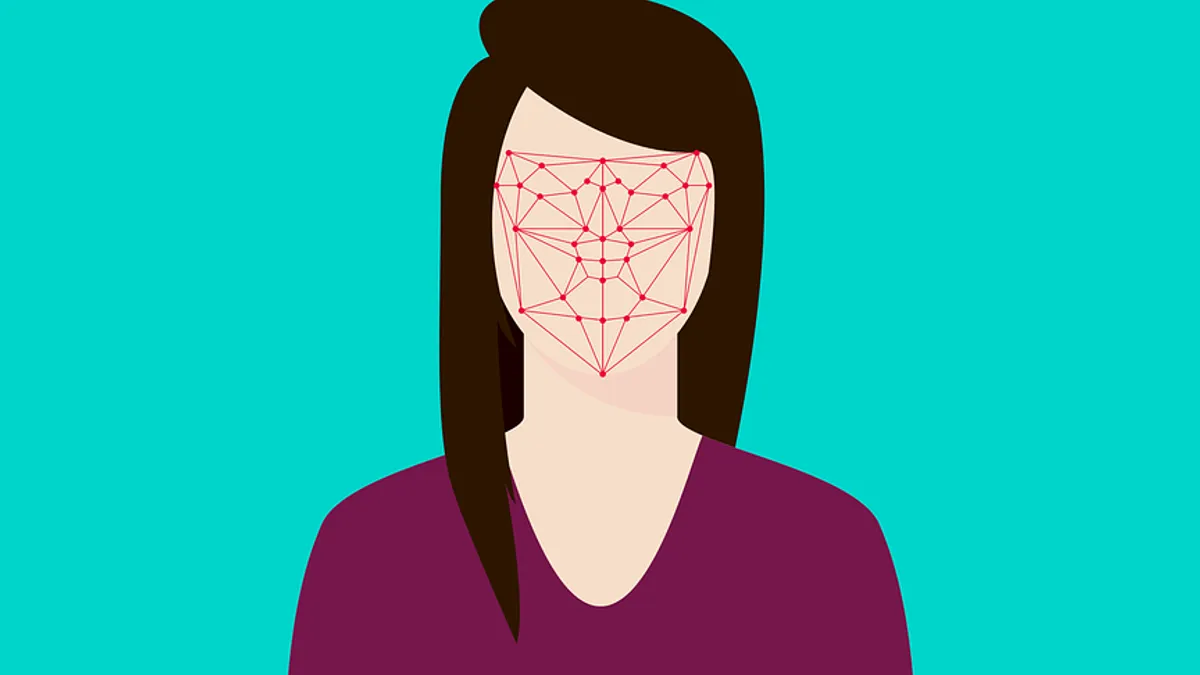Dive Brief:
- San Francisco is poised to amend its first-in-the-nation ban on facial recognition technology to allow city employees to use certain devices that have the tech built in, such as Apple products that use facial recognition as an unlocking feature.
- The exemption passed the Board of Supervisors unanimously Tuesday and is expected to be approved this month. The amendment applies to devices that are necessary for city functions and have facial recognition technology embedded or stored in a way that means it cannot be deleted.
- Under the revised ban, departments will have to search for alternatives before they purchase devices with embedded facial recognition technology.
Dive Insight:
San Francisco made waves when it passed the first ban on the use of facial recognition technology by city officials and police because of the privacy and civil rights concerns that come along with the technology. Oakland, CA, Berkeley, CA and Somerville, MA passed their own bans, and Portland, OR is considering a ban that extends to private businesses as well as the city government.
It was only after the ban was passed, during a review of surveillance technology, that the City of San Francisco recognized certain iPhones and tablets with the FACE ID feature violated the letter of the ban, although there was little risk that the technology could be used for surveillance purposes. The minor tweak to the ban is meant to permit that type of technology while maintaining the spirit of the ban, but also sends a signal to technology companies, explained Lee Hepner, a legislative aide for city supervisor and ban author Aaron Perskin.
"This is a way of saying to the broader market that there is space for you to produce a device that does not have facial recognition technology bundled with it, and if you do the city will buy it," Hepner said. "Having municipalities use their purchasing power to create alternatives in the market is our prerogative."
However, the revision also shows how widespread facial recognition technology has become, and how much trouble cities may have in cracking down. Besides its use by law enforcement, the technology has been used by stores and airports; concert venues have even explored how to use it. Cities writing their own bans will have to tread carefully to make sure they are not inadvertently barring other technology.











